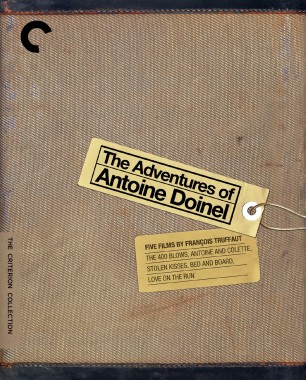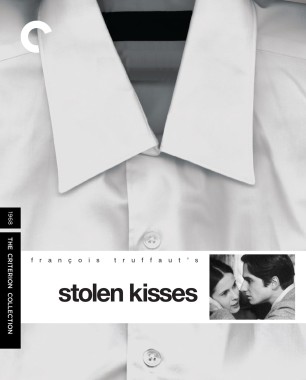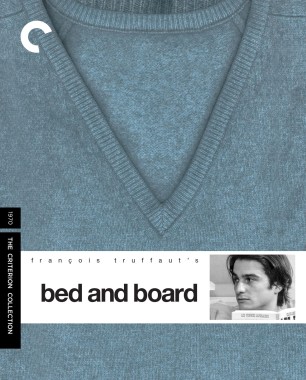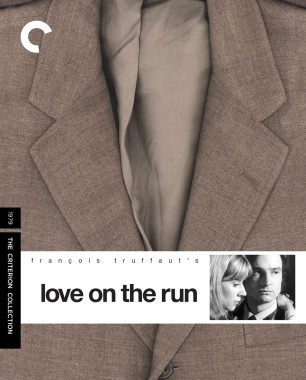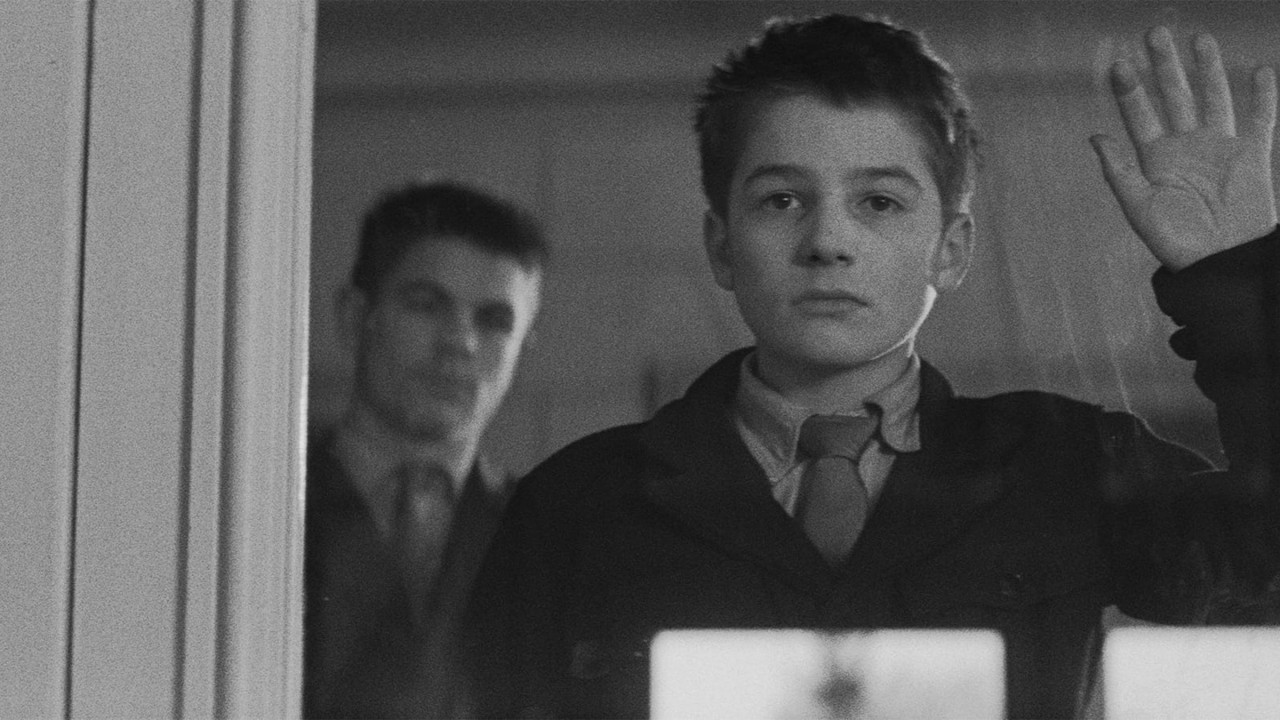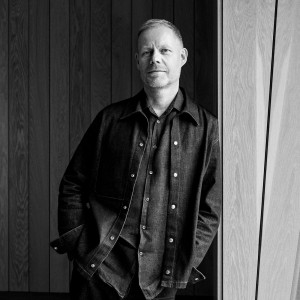The 400 Blows

François Truffaut’s first feature is also his most personal. Told through the eyes of Truffaut’s cinematic counterpart, Antoine Doinel (Jean-Pierre Léaud), The 400 Blows sensitively recreates the trials of Truffaut’s own difficult childhood. The film established Truffaut as a trailblazing auteur of the French New Wave.
BLU-RAY SPECIAL EDITION FEATURES
- Restored high-definition digital transfer, with uncompressed monaural soundtrack
- Two audio commentaries, one by cinema professor Brian Stonehill and the other by director François Truffaut’s lifelong friend Robert Lachenay
- Rare audition footage of Jean-Pierre Léaud, Patrick Auffay, and Richard Kanayan
- Newsreel footage from the film’s showing at Cannes
- Excerpt from a 1965 interview with Truffaut in which he discusses his youth, his critical writings, and the origins of the character Antoine Doinel
- Excerpt from a 1960 interview with Truffaut about the global reception of The 400 Blows and his own critical view of the film
- Trailer
- PLUS: An essay by film scholar Annette Insdorf
Cover by Lucien S. Y. Yang
Collector's Sets
BLU-RAY SPECIAL EDITION FEATURES
- Restored high-definition digital transfer, with uncompressed monaural soundtrack
- Two audio commentaries, one by cinema professor Brian Stonehill and the other by director François Truffaut’s lifelong friend Robert Lachenay
- Rare audition footage of Jean-Pierre Léaud, Patrick Auffay, and Richard Kanayan
- Newsreel footage from the film’s showing at Cannes
- Excerpt from a 1965 interview with Truffaut in which he discusses his youth, his critical writings, and the origins of the character Antoine Doinel
- Excerpt from a 1960 interview with Truffaut about the global reception of The 400 Blows and his own critical view of the film
- Trailer
- PLUS: An essay by film scholar Annette Insdorf
Cover by Lucien S. Y. Yang

Cast
- Jean-Pierre Léaud
- Antoine Doinel
- Claire Maurier
- Madame Doinel
- Albert Rémy
- Monsieur Doinel
- Guy Decomble
- Teacher (“Little Quiz”)
- Georges Flamant
- Monsieur Bigey
- Patrick Auffay
- René Bigey
- Daniel Couturier
- The children
- François Nocher
- Richard Kanayan
- Renaud Fontanarosa
- Michel Girard
- Henry Moati
- Bernard Abbou
- Jean-François Bergouignan
- Michel Lesignor
Credits
- Director
- François Truffaut
- Producer
- Georges Charlot
- Original story
- François Truffaut
- Adaptation
- Marcel Moussy
- Adaptation
- François Truffaut
- Dialogue
- Marcel Moussy
- Director of photography
- Henri Decaë
- Editor
- Marie-Josèphe Yoyotte
- Editor
- Cécile Decugis
- Editor
- Michèle de Possel
- Music
- Jean Constantin
- Production supervisor
- Jean Lavie
- Production supervisor
- Robert Lachenay
- Assistant director
- Philippe de Broca
- Assistant director
- Alain Jeannel
- Assistant director
- Francis Cognany
- Assistant director
- Robert Bober
Trailer for The 400 Blows
A scene from The 400 Blows
Edition introduction to The 400 Blows





